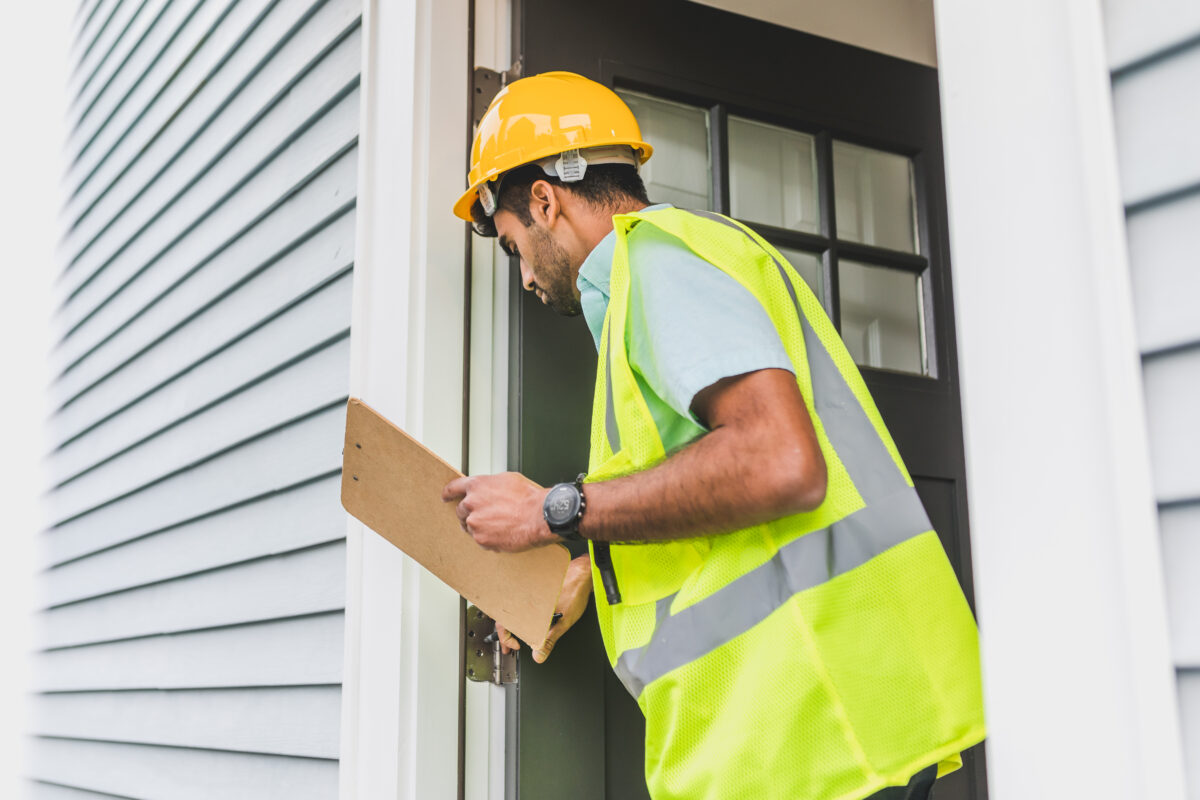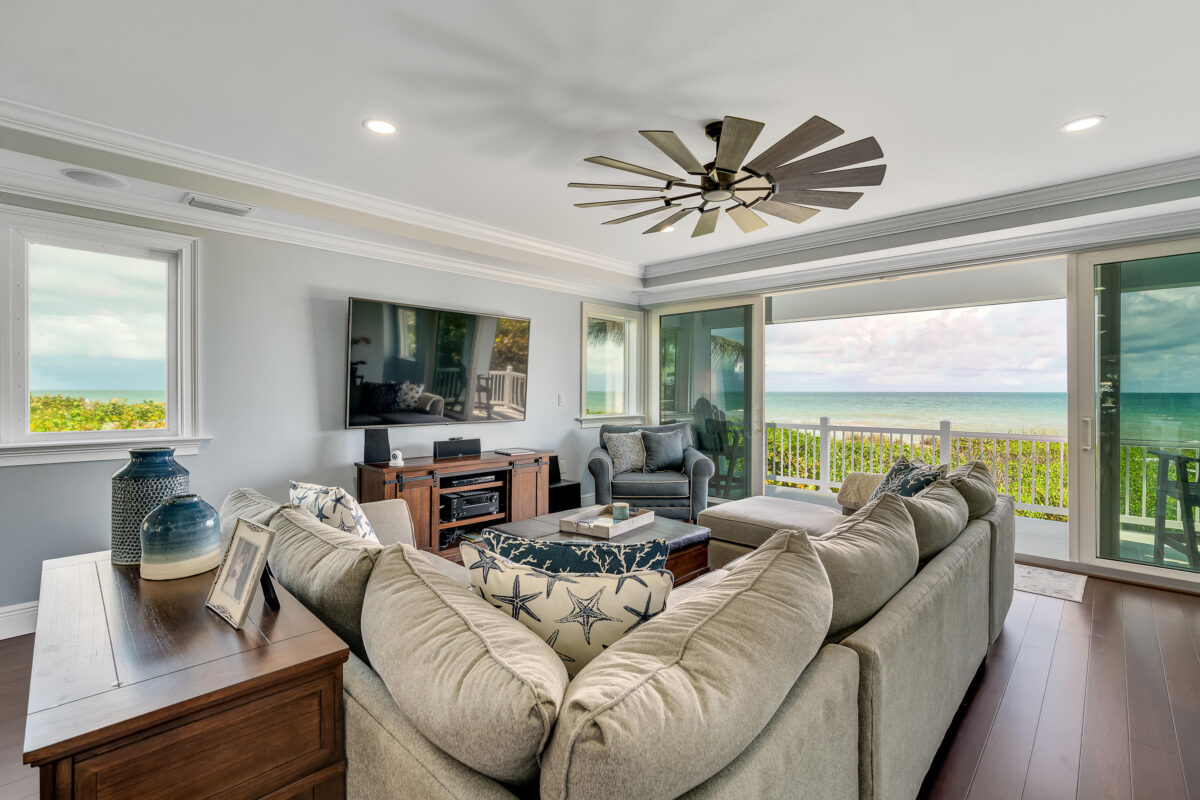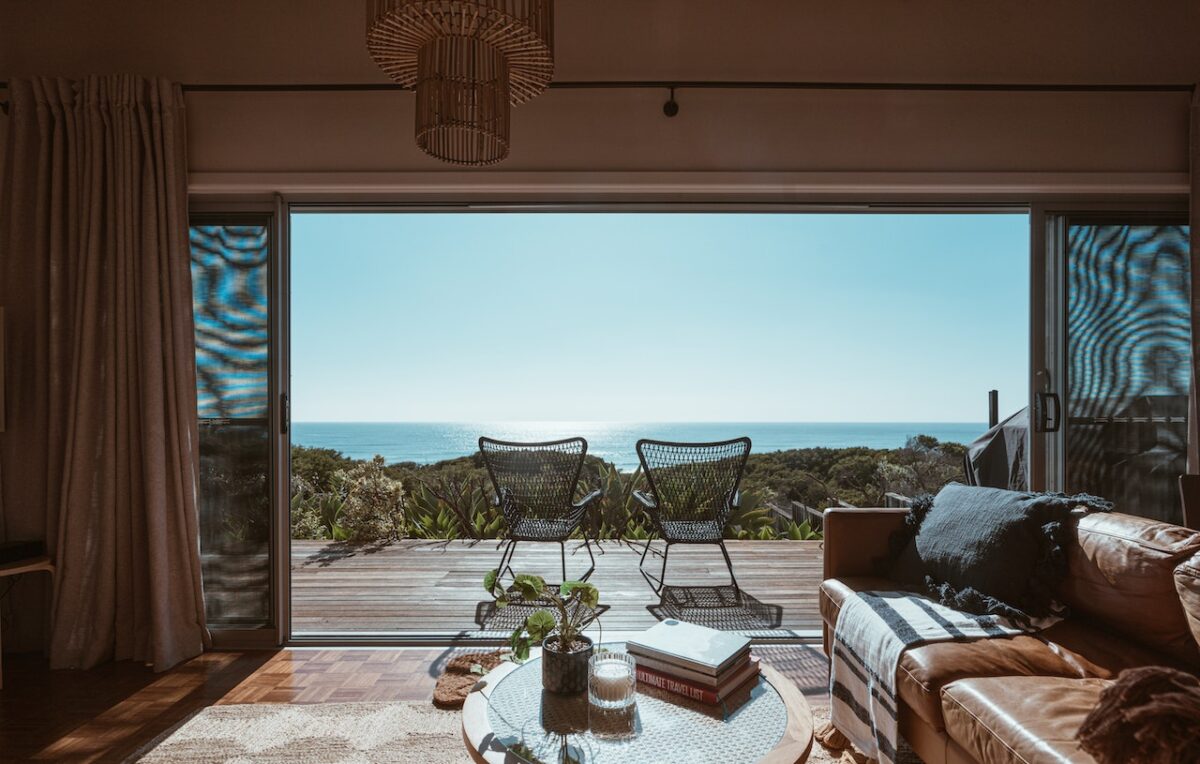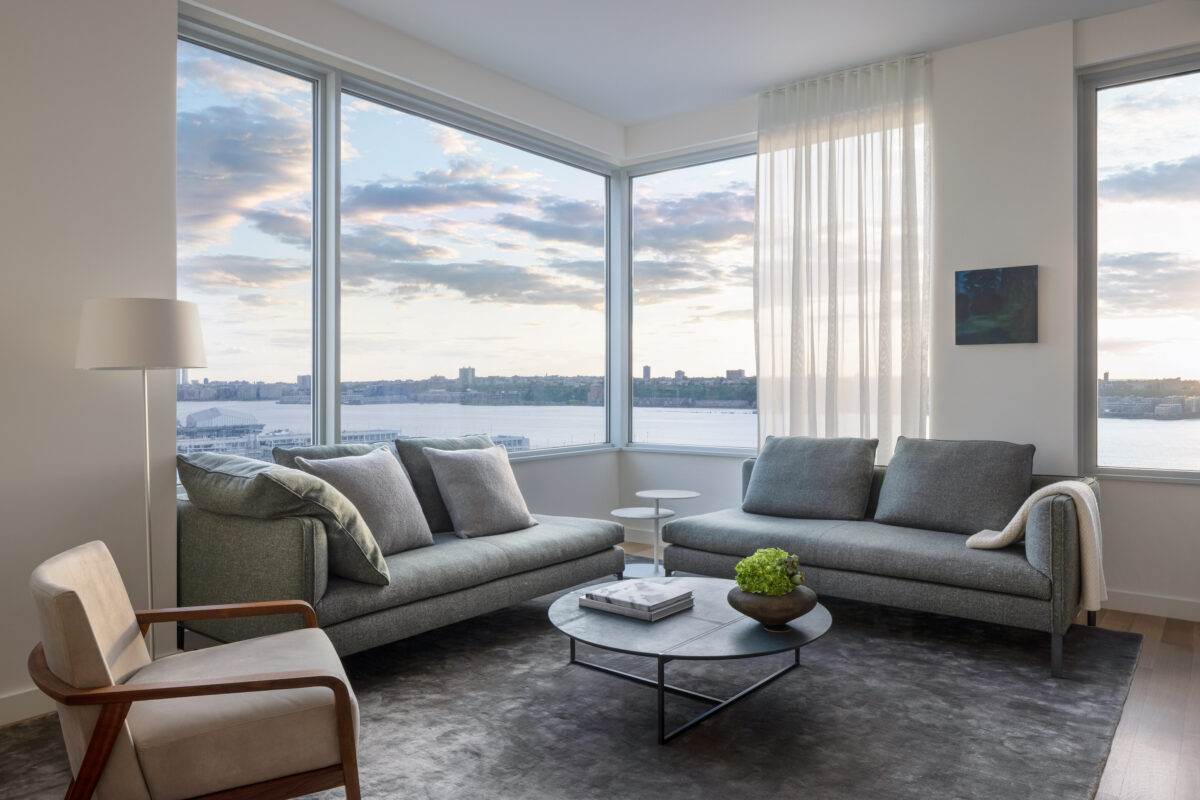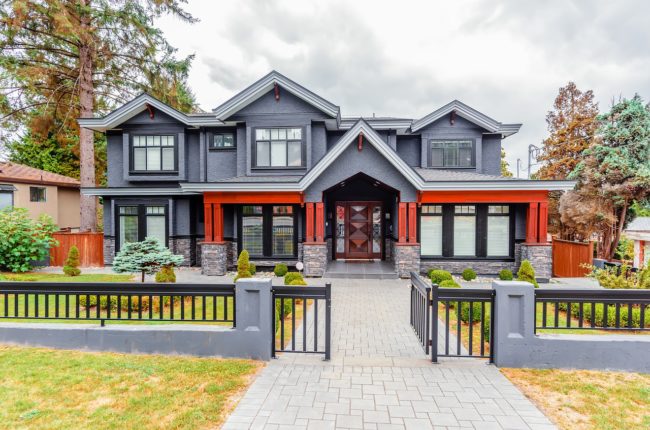Whether you’re a first-time homebuyer or looking to upgrade to a new home, one of the most important steps in the process is understanding your financing options. And for many buyers, that means getting a mortgage. But before you can even begin to think about applying for a loan, you need to know one very important thing: do you need tax returns to buy a house? Here’s what you need to know.
Buying a house is a major milestone in life, and it can be daunting for those unfamiliar with the process. One common question when buying a home is whether or not you need tax returns to purchase one. The answer to this question largely depends on your financial circumstances and the lender’s requirements. Consider what you need to know about tax returns when buying a house.
Do You Need Tax Returns?
The short answer is no; tax returns are not required to buy a house. However, lenders will likely want proof of your income in some form, so if you still need tax returns, there are other documents that you can provide. These documents might include pay stubs, W-2 forms, bank statements, or other financial records that prove your income. It’s important that these documents are up-to-date and accurate; otherwise, the lender may deny your loan application.
What Information Do You Need When Buying a House?
When purchasing a home, it is important to understand the types of paperwork that are required during the loan process. Generally speaking, lenders will require two years’ worth of W-2 forms and tax returns from any borrowers looking for financing. This requirement exists because lenders want to verify your income by looking at your past tax filings before they lend money to purchase your new home. Your tax returns also provide clues about potential sources of income that may not show up on your W-2 forms, like self-employment or rental income.
However, while having two years’ worth of tax returns is often required by lenders, it is only sometimes necessary if your credit score is high enough or if you have other assets to help secure the loan. Additionally, if you use specific special loan programs such as FHA or VA loans, lenders may only require one year’s worth of tax return documents instead of two years. It’s also possible that your lender may ask for additional documentation beyond tax returns to complete the loan application process. This could include pay stubs or bank statements, so be sure to check with your lender about any additional paperwork requirements before submitting your application.
What if You’re Self-Employed?
If you’re self-employed and don’t have any income from an employer (and therefore no W-2s), lenders will require two years of tax returns to verify your income. This holds even if you file quarterly estimated payments with the IRS—lenders will still want to see your total tax return for those two years to get an accurate picture of how much money you make each year and how much debt you may have.
Do Tax Returns Affect Your Credit Score?
Another important thing to consider is how filing taxes affect your credit score. While filing taxes does not directly affect your credit score, certain actions related to taxes can affect it indirectly—such as late taxes or having liens against property due to unpaid taxes. If this happens, it’s important to take action immediately by either paying off the balance or making alternative arrangements with the IRS so that it does not negatively affect your credit score.
Conclusion
Taxes play an important role in the home-buying process—but how much do you need them? The answer depends on factors such as which type of loan program you are using and what other assets or documents you can provide instead (e.g., pay stubs or bank statements). Generally speaking, most lenders will require two years’ worth of past W-2 forms and tax returns from borrowers looking for financing; however, they may only ask for one year, depending on which type of loan program is used. Whether it’s one year or two—filing on time is always the best practice when applying for any kind of loan!


